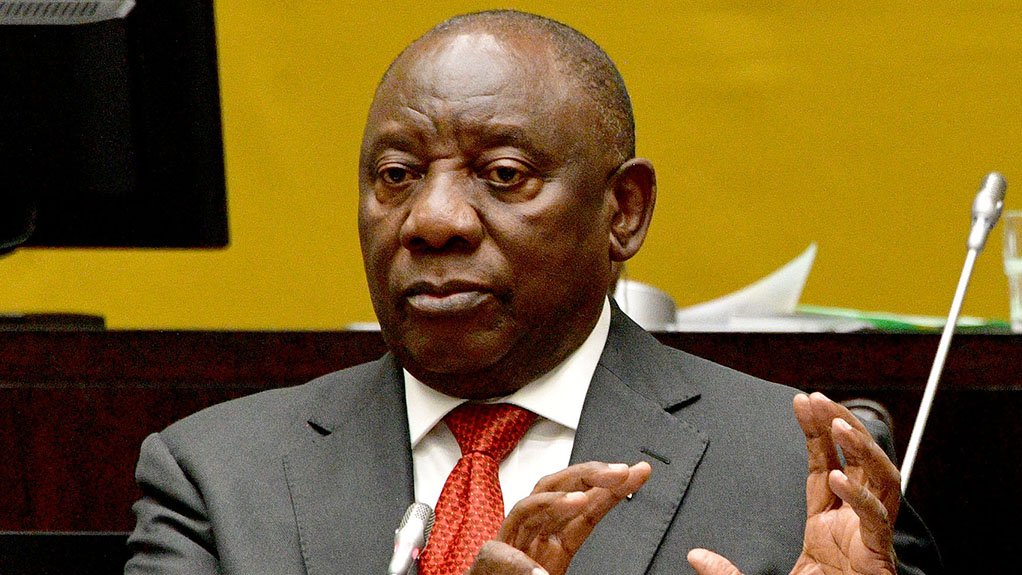President Cyril Ramaphosa noted on Thursday that through capacity support to provinces and municipalities, government is improving its ability to spend the grants allocated to infrastructure development.
Ramaphosa was responding to the State of the Nation Address debate, where he explained that government was committed to putting an end to the practice of infrastructure funds being returned to the fiscus, unspent.
He said infrastructure was a problem across the country, including in the Western Cape, with many provinces returning unspent funds to the fiscus.
“…And I have often said there is no greater sin that we as public representatives and servants can do than to return money to the fiscus when money has been allocated for work that should be done,” Ramaphosa said.
He said this practice was a result of challenges in project preparation and planning.
“…And I am saying that must stop, money must work for what it is supposed to. I have also said infrastructure is the flywheel of our economy,” he said.
Ramaphosa noted that through infrastructure, the country was able to ensure that there was economic growth and employment. He noted that after the decline in gross fixed capital formation over a number of years, South Africa was now poised to improve its infrastructure build so that levels foreseen by the National Development Plan could be reached by 2030.
He highlighted that challenges people in rural areas had been facing in crossing rivers during rainy seasons, had been met by government’s resolve to speed up the building of rural bridges.
He said the rural bridges were built as part of the Welisizwe programme that allows children to get to school safely and that enables villagers to reach shops or visit relatives and reach services.
He said government was on course to complete 96 bridges that were targeted, saying citizens must be proud of how the South African National Defence Force did "real community-orientated projects" by building bridges.
RESTORING GROWTH
Meanwhile, Ramaphosa noted that he had been clear, direct and honest about outlining all the challenges that the country’s citizens were facing, saying despite achievements, many South Africans were concerned about the state of affairs in the nation.
He highlighted that many municipalities were struggling to provide the basic services people needed.
“As we reflect on the journey we have travelled, we must acknowledge the severe challenges that we still face. Some who have come to speak here have just spoken about the positives but I have taken care to also speak about our weaknesses. I have taken care to also speak about our shortcomings, our failings, but I have also taken care to say we must work together to correct what is broken now,” he said.
Ramaphosa explained that in doing so citizens must confront the country’s past, which he said remained visible as one travelled from suburban to informal settlements, from rich farm lands to poor villages.
The President explained that when Covid-19 hit South Africa, the economy tanked.
“And just to demonstrate the resilience of our economy it bounced back and now it is above the pre-Covid period. We have seen the results of these efforts in the recovery of our economy and the sustained increase in jobs since the end of Covid-19 pandemic,” he said.
He added that the efforts were also seen in the growth of the country’s agricultural exports – South Africa now exports nearly half of its agricultural products. He said that in 2022 the country's agricultural exports reached a record of R247-billion.
Ramaphosa noted that while South Africa was one of the countries on the continent that was food secure, despite this, there were still people who go to bed hungry.
EMAIL THIS ARTICLE SAVE THIS ARTICLE ARTICLE ENQUIRY
To subscribe email subscriptions@creamermedia.co.za or click here
To advertise email advertising@creamermedia.co.za or click here











